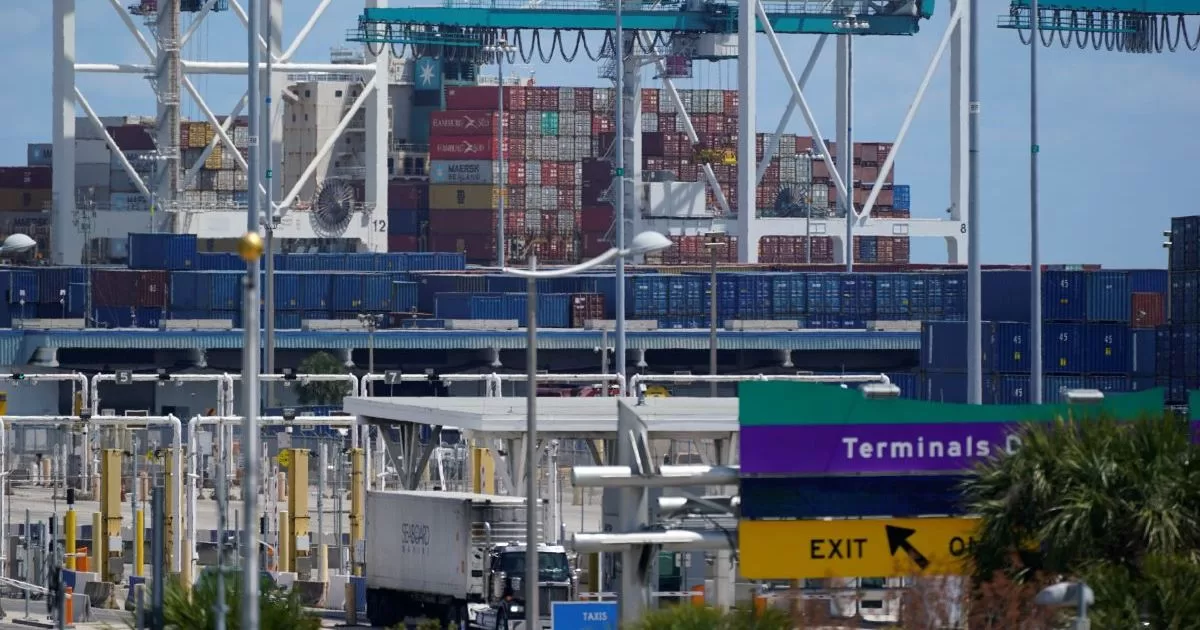UNITED NATIONS – The UN on Thursday issued a grim global economic forecast for 2024, emphasizing the challenges posed by armed conflict, sluggish global trade, persistently high interest rates and growing climate disasters.
In its economic report, the United Nations forecast that global economic growth will slow to 2.4% this year, compared to about 2.7% in 2023. Both remain below the 3.0% growth rate that It was there before the COVID-19 pandemic broke out in 2020, he noted.
The UN forecast is below those of the International Monetary Fund in October and the Organization for Economic Cooperation and Development in late November.
The IMF indicated that it expects global growth to slow from an expected 3% in 2023 to 2.9% in 2024. The OECD – based in Paris and made up of 38 nations, mostly developed – estimated that international growth will also would slow down, from an expected 2.9% in 2023 to 2.7% in 2024.
Credit restriction
The UN report – titled World Economic Situation and Outlook 2024 – warns that the potential for prolonged credit crunch conditions and higher borrowing costs present “strong headwinds” for a global economy burdened by debt, especially in developing countries, and requires investments to revive growth.
Shantanu Mukherjee, director of the U.N. Division of Economic Analysis and Policy, said fears of a recession in 2023 were allayed mainly because the United States — the world’s largest economy — managed to contain high inflation, although not as expected, without causing an economic slowdown.
Recession?
However, during a press conference to present the report, he warned that “we are not out of the danger zone yet.”
Mukherjee said that’s because global turmoil could fuel inflation. For example, another impact on supply chains or problems in fuel availability or distribution could cause another rise in interest rates in order to control the situation.
“We don’t foresee there being a recession per se, but because there is volatility in the environment around us, it is a great source of risk,” he warned.
Long-term very high interest rates and the threat of potential price shocks contribute to “a pretty difficult balancing act,” Mukherjee said. “So that’s really why we said we’re not out of the woods yet.”
Source: With information from AP

